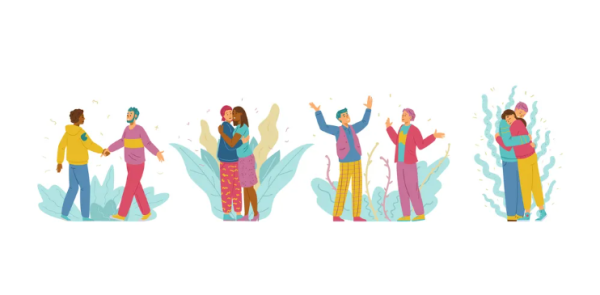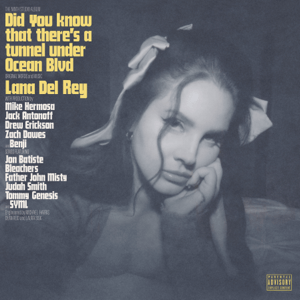Documentary of Discovery
13th is a documentary that challenges, shocks and provokes, but may feel repetitive for some
December 1, 2017
13th, a film directed by the favored Ava DuVernay, covers the incarceration of African Americans over the span of history and how forces such as media and the judicial system have affected African Americans disproportionately. Initially, the trailer and synopsis of 13th intrigued me. The prevalence of organizations like Black Lives Matter, events like the Alton Sterling shooting and the Charlottesville massacre made me feel an increased interest to see this documentary in hopes to clarify how African American people feel about incarceration rates.
In October of 2016, the crime documentary was released and has since been nominated for a plethora of awards including an Oscar and multiple Emmy’s in 2017. A multitude of reviews applaud their use of cathartic appeals and believe the film is an inspiration to those who feel unheard.
Throughout the film, I found that the concepts featured were very cohesive to the concepts previously mentioned. For example, the film started with background on the 13th amendment which leads to The Birth of a Nation film from 1915 and the Civil Rights movement. Along with their concise insights, the documentary features compelling visuals and statistics, which I personally would have never been exposed to prior. In the same way, speakers who are shown portray a confident and educated tone for the audience. These speakers include government officials like Cory Booker to university professors such as Henry Louis Gates. Considering the high-quality idea communication, statistics and speakers 13th deserve recognition for these admirable strengths.
Whilst viewing 13th, I noticed a slight fracture in the logic presented and a predictable repetitive format. Within the documentary, I frequently perceived the speakers contradicting each other, which negatively affected my opinion of the film. Secondly, a population of African Americans in jail would continuously be shown throughout many years which is followed by a song regarding incarceration and African Americans then leading into more interviews of the same professors and directors. This left me bored and no longer interested in the ideas present. With a strong start, the film slowly loses steam and fell short for me.
Surprisingly, the most compelling aspect of the film was the use of graphic visual aid. Although, for some viewers, scenes featuring Civil Rights protests or KKK rituals could be seen as disturbing or overwhelming; I was impressed by their willingness to present the extreme conditions of the past. Overall I would deem this film as insightful but slightly amplified sense of truth.
People in society need to be educated about adversity in the world even if the issues do not directly affect those becoming educated. Society should be guided by empathy over apathy.










